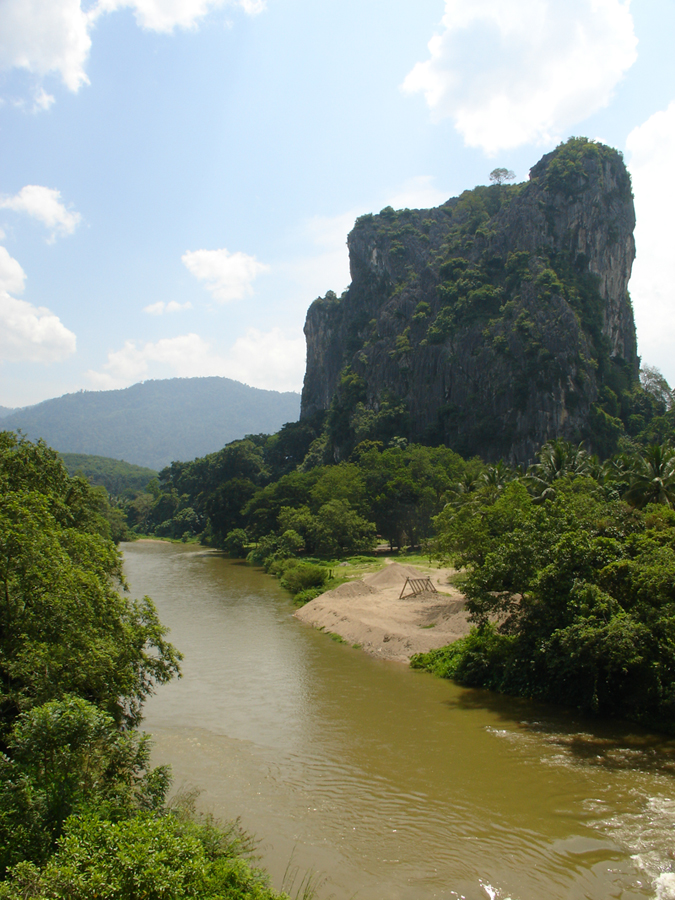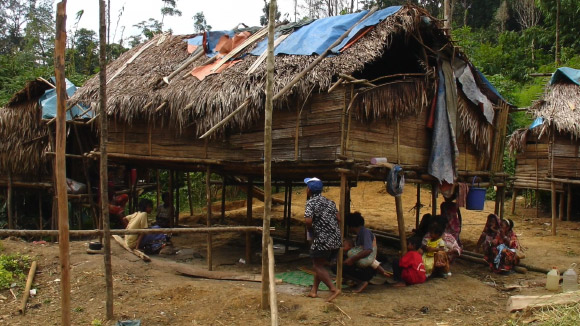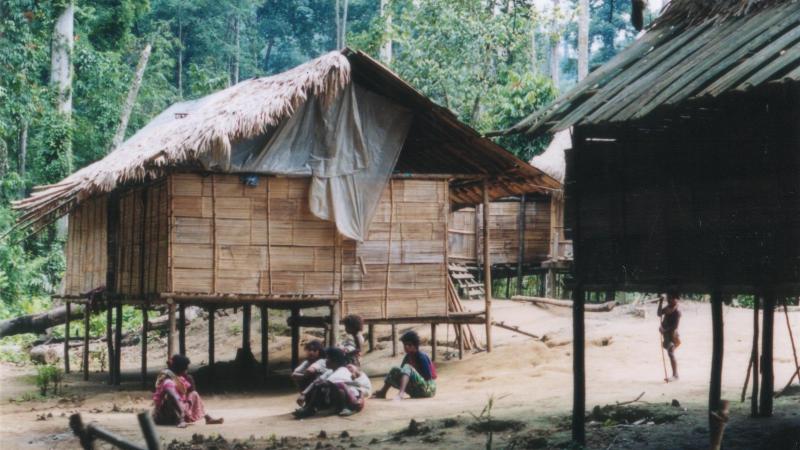Swedish Researchers Just Discovered A Previously Unknown Language In Malaysia
The language spoken by only 280 people.
Swedish linguists working in the Peninsular Malaysia have newly discovered a previously unidentified language called Jedek
The newly documented language is spoken by about 280 people, in the resettlement area of Sungai Rual near Jeli, Kelantan. The community originally consisted of several bands of hunter-gatherers along Pergau river.
The research was led by a pair of researchers from Lund University, Sweden, named Niclas Burenhult, Associate Professor of General Linguistics and Joanne Yager, a doctoral student.
The researchers came across the language when they visited several villages to collect language data from different groups who speak Aslian languages for their language documentation project, 'Tongues of the Semang'
"We realised that a large part of the village spoke a different language. They used words, phonemes and grammatical structures that are not used in Jahai. Some of these words suggested a link with other Aslian languages spoken far away in other parts of the Malay Peninsula," Yager said.
The discovery of Jedek was made while they were studying the Jahai language in the same area.
Burenhult said, “Jedek is not a language spoken by an unknown tribe in the jungle, as you would perhaps imagine, but in a village previously studied by anthropologists. As linguists, we had a different set of questions and found something that the anthropologists missed.”
Researchers said the community in which Jedek is spoken is more gender-equal than most societies, including those in Western countries
The tight-knit community has almost no interpersonal violence, they consciously encourage their children not to compete, and there are no laws or courts.
Instead of having jobs and professions, everyone has the required skills in a hunter-gatherer community.
The community's way of life is reflected in the language
There are no indigenous words for occupations or courts of law. Nor are there indigenous verbs to denote ownership such as borrow, steal, buy, or sell.
Instead, there's a rich vocabulary of words to describe exchanging and sharing.
“There are so many ways to be human, but all too often our own modern and mainly urban societies are used as the yardstick for what is universally human. We have so much to learn, not least about ourselves, from the largely undocumented and endangered linguistic and cultural riches that are out there”, Niclas Burenhult said.
You can watch a short clip of the language spoken here:
Research by Yager and Burenhult was published in the latest issue of Linguistic Typology and publicly announced by Lund University on Tuesday.


